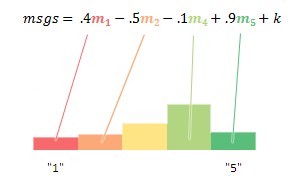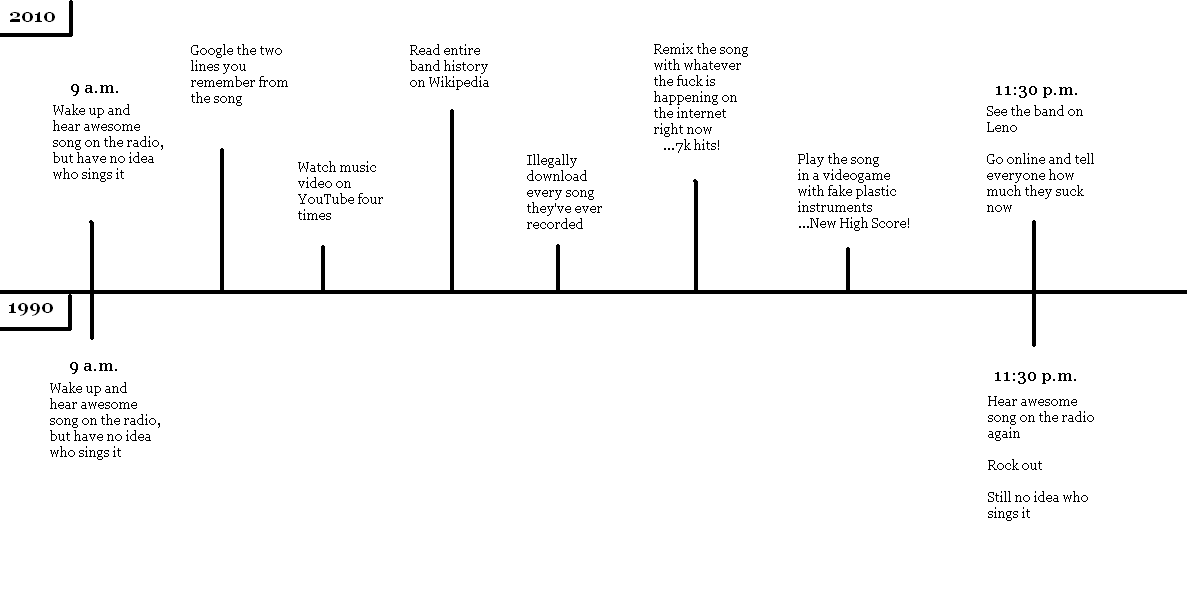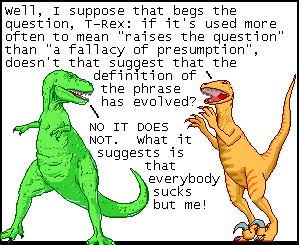Video
A nice bit of rotoscope animation that asks the question “Why can’t we walk straight?”
Link
As an intriguing to follow-up to the question in Things 89 on why perceptions of attractiveness vary, OK Cupid have posted a related result: greater variation in attractiveness rating scores tends to generate more messages on the service.
The fact they say “men will get their turn under the microscope” might mean that the same result does not hold true for men, or they might just not have checked yet.
Tip
I’ve recently been enjoying a handy little shortcut in Firefox that lets me jump straight to search results on certain sites without reaching for the mouse.
Start by clicking the dropdown option against the search box, and click ‘manage search engines’:

From this menu, pick a search engine you commonly use and click ‘edit keyword’, I recommend something very short:
You can then query your chosen search engine by jumping to the location bar (Ctrl + L) then preceeding your search with your chosen keyword. For example, I can type “Ctrl + L” and then “wa how old was pat morita when karate kid came out”, press enter, and get straight to the answer without any clicks of the mouse.
(Rotten Tomatoes doesn’t seem to have this option, but there’s a Firefox add-on which is a slight improvement).
Picture
A nice way to illustrate the changes technology has wrought on the radio music experience over the last 20 years, with only a little exaggeration (click for big):
No Puzzle
According to the schedule of rotating absence, there’s no puzzle this week, but feel free to think about why we can’t walk in a straight line if you like.
Last Week’s Question
Last week I asked if anyone else had noticed a sudden surge in the misuse of “i.e.” and “e.g.”. Not many had, but a lot of people had something to say on the subject… probably enough for a whole post by itself, but I’ll attempt to quote in brief the different responses.
First, a few admitted to not being certain of the distinction themselves, even when they were sticklers in other areas, so I suppose that means I’ve done my bit to stem the tide somewhat.
The question on living vs prescribed language raised a few responses in itself. Maria noted:
The French spoken [in Montreal] is a pure and true form of ‘old’ french, ‘where for art thou’ for example. When Montrealers go to France their version of French is hardly understood which just goes to show that languages must and do evolve or we’d be speaking like players in a Shakespeare play.
Angela confessed that:
… I am afflicted and am involuntarily irritated by things like this that really should not be so irritating to me! The most frequent examples I can recall seeing include your i.e. / e.g.; everyday / every day; and unnecessary apostrophes e.g. potatoe’s, kid’s. In all cases I think that the incidence rate is increasing and we may well have passed a tipping point whereby ‘everyday’ will now mean both ‘everyday’ and ‘every day’ for ever more.
… and agreed that it’s better to let these things go, unless the error could lead to a misunderstanding, in which case it’s worth pointing out.
Rik provided a link to a tongue-in-cheek view on the book “Eats, Shoots and Leaves”, which among a lot of hyperbolic fuming makes the following point:
We are not computers which can be thrown off course by the insertion of a full stop here or a rogue hyphen there. We have a deeper understanding of meaning which you can check out for yourself by a quick reading of Chomskys writings on transformational grammar.
Simon identified a potential underlying factor behind rising misuse:
Latin stopped being taught in UK state schools during the 60s. At approximately the same time, English grammar died out as a subject because people thought it harked back to a redundant time. […] With the loss of learning through grammatical structure we have moved as a society from having a right way of doing something to adopting what society does. […] A case of crede quod habes – et habes if ever there was one.
Miranda gave further endorsement to the importance of Latin by nothing that in the case of “i.e.” and “e.g.” anyone lucky enough to have learned the language at school can easily remember which is which by recalling what the abbreviations stand for. She also pointed out that Dinosaur Comics recently addressed the issue of prescriptivism:
Finally, Xuan asks
Anyways, why did we start using e.g. and i.e. in the first place? Didn’t the Romans bugger off around 400AD?
Incidentally, in an attempt to find evidence that fewer people cared about the distinction between “i.e.” and “e.g.” I turned, as usual, to Google Insights for Search, only to find results that suggest the trend is going the other way. Alternatively, technological changes mean more is being written down by more people than ever before, so there’s more of both.





One reply on “Things 92: Walk Straight, Marmite Looks, One Day Music Experience Timeline”
[…] This sprang out of the discussion on language pedantry last week on the RAPP CC […]